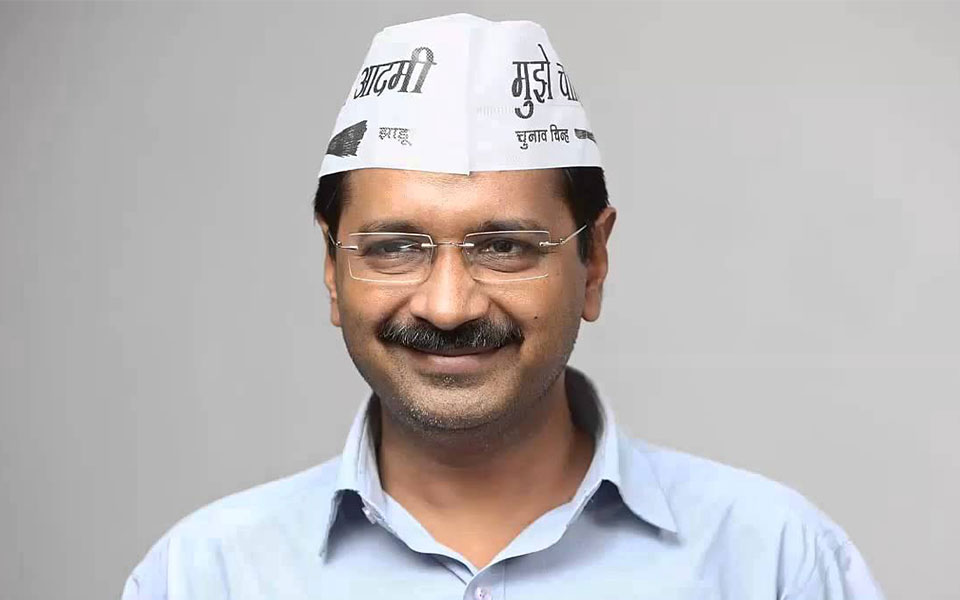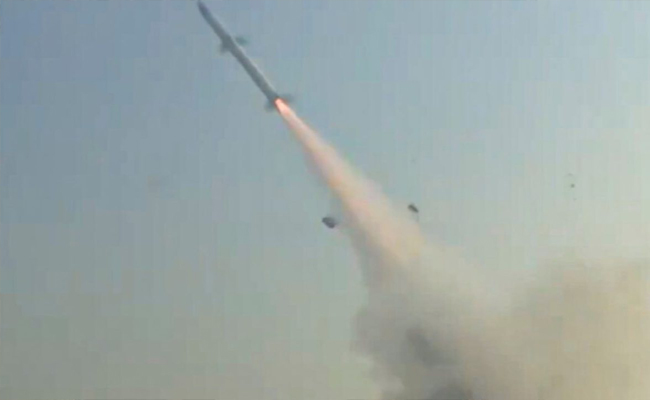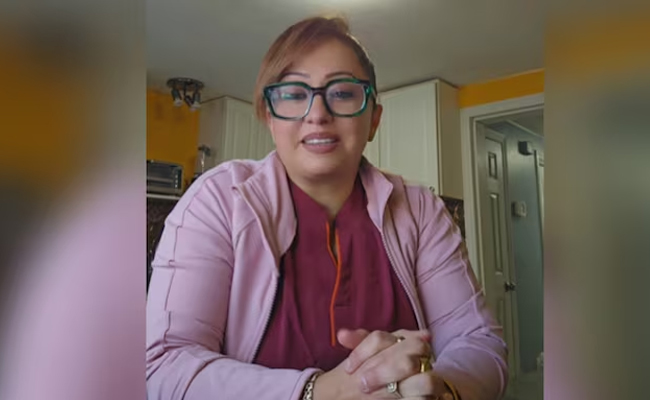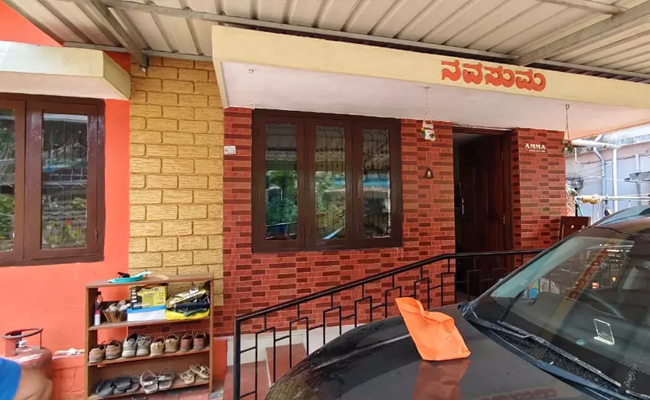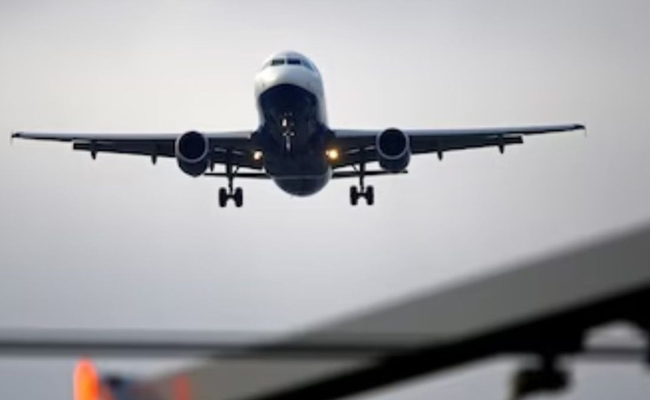Chandigarh, June 12: Haryana Chief Minister Manohar Lal Khattar on Tuesday wrote to Delhi Chief Minister Arvind Kejriwal on the current water shortage of about 60 million gallons per day (MGD) in the national capital, saying it is just about 6.7 per cent of the total treatment capacity of more than 900 million gallons per day (MGD).
This can be resolved easily through internal actions of the Delhi Jal Board (DJB), Khattar said.
In a demi official letter sent to his counterpart as a reply to his last month's letter, Khattar said: "I am told that complete facts are perhaps not being presented before you. You may like to pose a simple question to your officers as to which of the following three calculations maximise Delhi's water entailment from Haryana.
"These are: (a) worked out as per share and allocation of Delhi; (b) worked out as per orders of the Supreme Court; and (c) worked out as per orders of the Delhi High Court."
"The task of maintaining a particular level of Wazirabad pond has to be performed by the DJB itself. After operationalisation of Carrier Lined Channel, Haryana is giving entire supply at Delhi Contact Point Bawana itself.
"We have acceded to request of the Secretary of the Ministry of Water Resources to supply 120 cusecs through Diversion Drain-8 for the current summer only," said the Haryana Chief Minister.
"Delhi must make its own arrangements from the next year onwards as no supplies would be made through Diversion Drain-8 by Haryana on account of reasons explained in detail in our reply before the Supreme Court," he added.
Khattar also pointed to the controversial stance of the Delhi government by referring to demi official letter written by Kejriwal on May 16.
"We have been discharging all our obligations set forth by Upper Yamuna River Board in terms of share and allocation of water to Delhi. Despite the consequent adverse impact on drinking water supplies to thousands of our villages and several towns, we have never reduced the supply to Delhi. In fact, currently we are supplying 120 cusecs over and above our obligations," said Khattar.
Kejriwal had written letters to Lieutenant Governor Anil Baijal and Khattar, seeking supply of the same amount of water as the neighbouring state has been doing for 22 years.
He also expressed worry that disruption in water supply by Haryana would affect the functioning of the Chandrawal water treatment plant, which supplies water to VIP areas of Delhi, including Rashtrapati Bhavan, Parliament and embassies.
Let the Truth be known. If you read VB and like VB, please be a VB Supporter and Help us deliver the Truth to one and all.
Tehran: Massive explosions were reported in Iran’s southern port city of Bandar Abbas on Thursday. The blasts occurred near Bandar-e Bahonar in the First Naval Zone of the Islamic Revolutionary Guard Corps, close to the strategic Strait of Hormuz.
Iran also reported a fresh wave of strikes beginning around midnight with loud explosions in eastern Tehran. Shockwaves were felt across parts of the capital, though the exact targets were not immediately clear, according to a report published by The Sunday Guardian.
Overnight strikes were also reported in the Kurdish cities of Sanandaj, Saqqez and Bukan. Iranian authorities have confirmed more than 150 cities across the country have been attacked since Saturday.
The Islamic Revolutionary Guard Corps said it had launched a 19th wave of retaliatory attacks targeting Israel and US bases in the region, according to a report by Al Jazeera.
Iran launched a new round of missiles toward Israel on Thursday, according to the Israeli military and Iranian state media. Air raid alerts were issued in several areas including Tel Aviv. There were no immediate reports of casualties.
“The Israeli Air Force has identified missiles launched from Iran toward the territory of the State of Israel,” the military said, adding that air defence systems were operating to intercept the threat.
Iran’s state broadcaster Islamic Republic of Iran Broadcasting also confirmed the missile launches.

